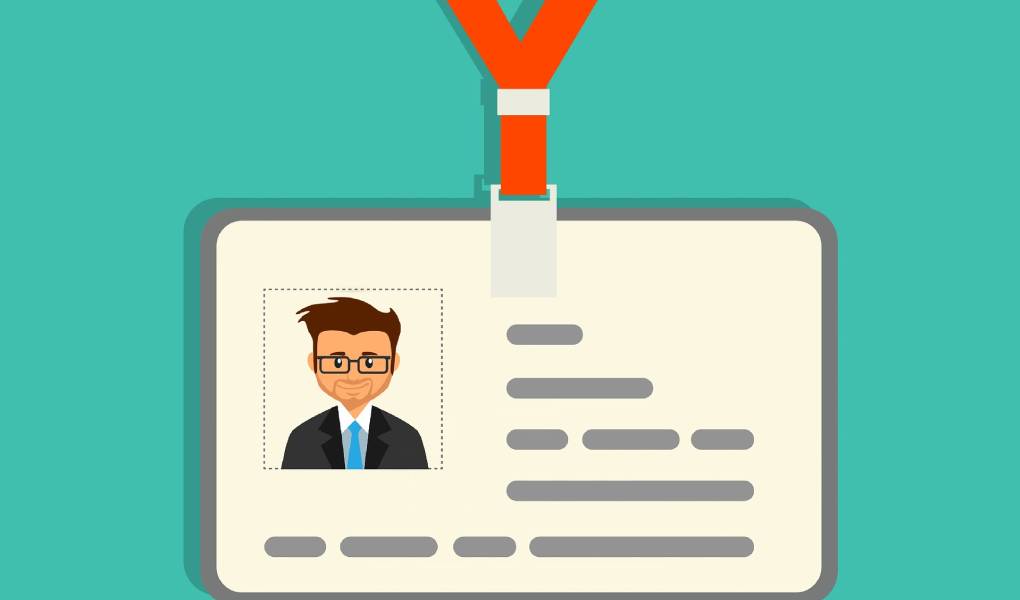Did you know that people can be divided into four categories, according to personality type? We will tell you what traits define a dominant, proactive, persistent, or conscientious personality type and why everyone can combine their professional life.
According to the so-called DISG model, we can divide people into four groups according to personality type. Each type is assigned a color for clarity, and red is for the dominant, yellow for the intuitive, green for the persistent personalities, and blue for the conscientious. Of course, there are also mixed personalities, and however, we will focus on four basics to determine what characterizes them.
Get To Know Your Personality.
Why is it important to know what type of personality you are? Sure, you live your life, but knowing your personality type will help you better understand your emotions and reveal your potential and strengths.
You can also improve your interaction with other people by estimating their personality type. Because you will better understand what is going on in your opponent’s head, you will be able to react better to it.
Personality Types
Dominant, proactive, persistent, and conscientious: We bring you an overview of all four personality types. In what type do you see yourself?
Dominant Type
This type of personality is assigned a red color. They are usually ambitious, energetic people who pursue their goals with great determination. Due to their direct and demanding nature, their loved ones know where their place is. However, this can easily offend others. People with this type of personality have a strong will, they are independent, but this may mean that they are not team players. Dominants also like challenges, quick results, and are confident and determined. They prefer fast, direct communication, objective approaches, and logical relationships when cooperating. Interviews are a waste of time for these people, and it’s easier to convince them with numbers and facts.
Proactive Type
An extroverted character characterizes the yellow type of personality. This makes them good team players who have good relationships with people. However, they are afraid of rejection, which means they sometimes avoid conflict and are reluctant to provide negative feedback. They like to share their ideas. They can inspire and convince others. They entertain their surroundings in a friendly and open way. They attach great importance to social recognition and friendship. Initiative people are optimistic, and others seem relaxed and charming. However, they can be impulsive and overestimated. Emotions are essential to them, so they are open to conversation. They also like to talk fast and a lot, so sometimes they need to slow down.
Persistent Type
People who are marked in green are real team players. They focus on supporting others and enjoy working in a team. With their patience, compassion, and humble willingness to help, they are always there for others. But this can make them forget their own needs and goals. Nevertheless, persistent personality types are reserved, demonstrate their feelings to the outside, are reliable and relaxed. They usually find it challenging to cope with conflicts and changes, and excessive pressure and unfair behavior are unpleasant. On the other hand, harmony and peace are essential for persistent types. They have an authentic influence on their surroundings.
Conscientious Type
People with a blue-conscientious personality type are accurate analysts. Before they do anything, they think. They critically question almost everything, and they are objective. They focus on accuracy and logic. This allows them to work very well alone, but this can cause them to isolate themselves from others. Conscientious people are conservative, perfectionist, and careful. Thanks to perseverance, they always really bite into what they do and expect the highest quality – both from themselves and others. They also love order, rules, and standards. They do not like quick decisions because they like to consider the circumstances. They actively listen to the people around them to form a well-founded opinion.
What do you get if you understand what lies behind different personalities? Understanding personality typology will help you respond better to the actions of your loved ones, and you can better classify your reactions to certain situations. But even in a work environment, this knowledge helps you respond better to colleagues and improve collaboration. Being a team leader can help you motivate and guide your employees according to their personality type. If you contact customers, you will better understand their wishes, thoughts, and uncertainties. Subsequently, you can respond to them individually.
But keep in mind that each person is an individual and has a wide range of mixed personality types.
Also Read: What Is SEO Web Design?
